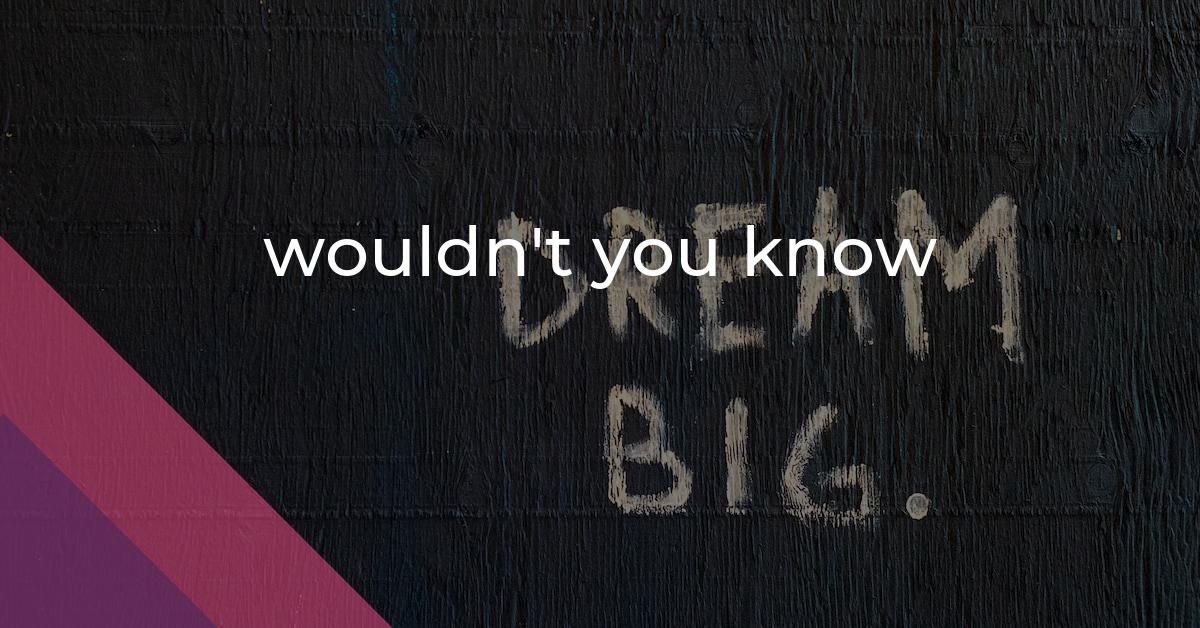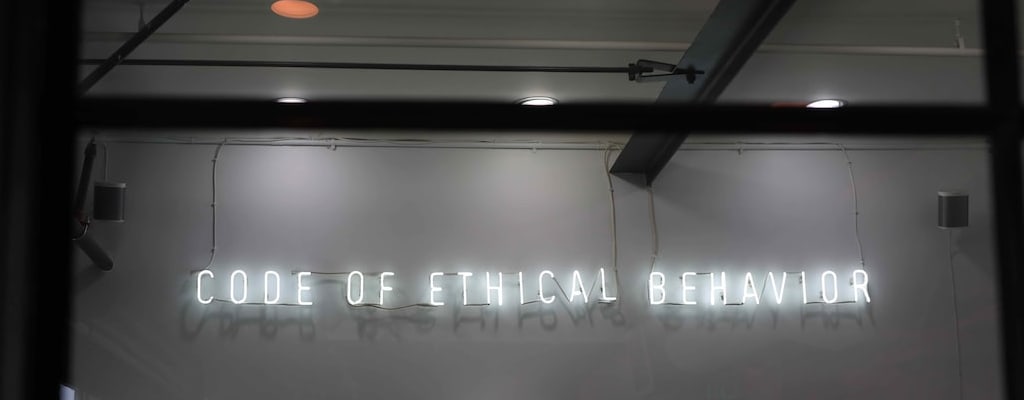wouldn’t you know: Idiom Meaning and Origin
What does ‘wouldn't you know’ mean?
The idiom "wouldn't you know" is used to express a feeling of inevitability or irony about something that has happened. It implies that the outcome was expected or not surprising given the circumstances.

Idiom Explorer
The idiom "you know what" is used as a phrase that often indicates that the speaker is trying to avoid saying something explicitly, assuming the listener already knows or will understand the unspoken message.
The idiom "written in the stars" means that something is predetermined or destined to happen, as if it has been planned by fate or the universe.
The idiom "written all over someone's face" means that someone's true feelings or emotions are clearly visible to others through their facial expressions.
"Writing on the wall" refers to a clear indication or sign that something is bound to happen or a situation is inevitable.
The idiom "write one's own ticket" means to have the power or ability to control one's own fate or destiny, typically in terms of career or success.
The idiom "wrap up" means to finish or complete something, typically in a timely manner.
It is often used to indicate the end of a task, project, or event.
The idiom "wrap around one's little finger" means to have complete control or influence over someone, manipulating them effortlessly to do what you want.
The idiom "wouldn't you say" is often used to seek agreement or confirmation from others about one's statement or opinion.
The idiom "wouldn't shout if a shark bit him" means that someone is very quiet or unemotional, even in a dangerous or shocking situation.
The Unexpected Twist
"wouldn't you say" is another idiomatic expression that is related to "wouldn't you know." While "wouldn't you know" expresses a sense of resigned acceptance or wry acknowledgment, "wouldn't you say" is more of a rhetorical question used to seek agreement or confirmation from the listener. It is often used when the speaker wants to emphasize a point or opinion, asking the listener if they agree or feel the same way. The use of this related idiom can add a conversational and persuasive tone to a statement or discussion, inviting the listener to actively engage and share their perspective.
The phrase "don't tell me" is also related to "wouldn't you know" in terms of expressing a sense of not being surprised or having predicted something. However, "don't tell me" is used in a more exclamatory and dramatic manner to convey astonishment or disbelief. It is often used when the speaker wants to demonstrate their emotional reaction to unexpected information or events. By incorporating this related idiom, the speaker can heighten the impact of their statement or story, adding a sense of urgency and excitement to the conversation.
Let's imagine a scenario to further illustrate the usage of "wouldn't you know" and the related idioms. Imagine two friends, Sarah and John, are discussing a recent job interview that Sarah had. John asks Sarah about how the interview went, to which Sarah responds, "Well, wouldn't you know, they asked me the exact same question I had prepared for!" In this context, Sarah is using the idiom "wouldn't you know" to express resigned acceptance that the interviewer asked her the question she had anticipated. The tone of her statement may be light-hearted or mildly sarcastic, indicating that she was not surprised by the outcome.
In response, John uses the related idiom "wouldn't you say" to seek agreement from Sarah and further engage in the conversation. He says, "Yeah, wouldn't you say that's a good sign? They must have thought highly of your prepared answer!" Here, John is using the idiom "wouldn't you say" to emphasize his point that the interviewer asking a prepared question could indicate a positive evaluation of Sarah's skills or qualifications.
Continuing the conversation, Sarah adds, "Don't tell me, they even brought up my past work experience and asked for details!" In this instance, Sarah is using the related idiom "don't tell me" to express astonishment or disbelief at the interviewer's thoroughness in examining her past work experience. Sarah's use of this idiom adds an exclamatory and dramatic element, highlighting her surprise and intensity of reaction to the interviewer's question.
As we can see from this example, incorporating the related idioms "wouldn't you say" and "don't tell me" in the conversation adds a conversational and persuasive tone while conveying different shades of meaning and emotion. These idioms enhance the overall effectiveness and engagement of the discussion, allowing for a more nuanced and enjoyable exchange of ideas and experiences.
"wouldn't you know" is an idiomatic expression that signifies resigned acceptance or wry acknowledgment, while "wouldn't you say" and "don't tell me" are related idioms that add conversational and dramatic elements to a statement or conversation. By incorporating these idioms, speakers can enhance clarity, structure, and style in their communication. The use of idiomatic expressions, such as these, allows for a more engaging and effective exchange of ideas and experiences among English speakers.
Example usage
Examples:
- She finally found her car keys in the last place she looked. Wouldn't you know it, they were in her jacket pocket all along.
- I was running late for my appointment when my car broke down. Wouldn't you know, there wasn't a mechanic nearby to help me.
- We invited our friends over for a BBQ, and of course, wouldn't you know it, it started raining as soon as we started grilling.
The phrase "wouldn't you know" is used to express frustration or annoyance when something expected or predictable happens. It often indicates a sense of irony or bad luck.
In the first example, the person found their car keys in the last place they looked, which is a common occurrence. The use of "wouldn't you know it" emphasizes the irony of the situation.
In the second example, the person's car breaks down when they are already late for an appointment. The phrase "wouldn't you know" adds a tone of exasperation, highlighting the unfortunate timing.
In the third example, the weather turns bad just as the person starts grilling for a BBQ. The phrase "wouldn't you know it" illustrates the predictable nature of the situation and the frustration it brings.
More "Idioms" idioms



